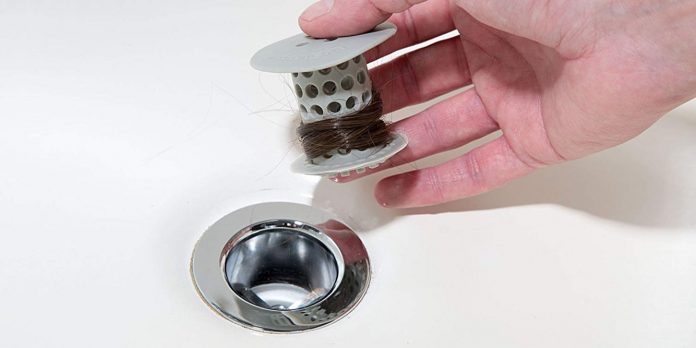Plumbing problems rank near the top of my least-favorite home maintenance issues. I hate the mess, I hate the smells, and I hate the expense. While I understand how plumbing works, I don’t have the tools and skills to make repairs easily. So, I do my best to pay attention to the flow: Attending to small clogs and doing my best to prevent them is so much better than a huge disaster.
Most of us take plumbing systems for granted until there is a problem. Drain care should really be something we attend to every day. While we can’t control the rate a pipe joint disintegrates, we can help prevent clogs with just a few “rules”:
- Grease is a drain’s enemy. Bacon grease, cooking oil, and other fats should never be poured down a drain. They solidify with other food particles and cause clogs.
- Strain the drain. Keeping a strainer in the sink, tub, and shower stall will catch much of the hair and debris that cause clogs.
- Flush it out. No one should waste water but when you use the garbage disposal, brush your teeth, or pour something down the kitchen sink, be sure to follow up with some hot water. Simply pouring hot water down your drains every week will help dissolve grease, toothpaste, and soaps that are building up.
When you do have a slow-moving drain or a clog, take a moment to consider the probable cause. Using the right type of drain cleaner and the one that will cause the least harm to your plumbing system will give you the best results. Many drain cleaners contain harsh chemicals like lye and acids that generate heat when they come in contact with the organic matter in the drain. The heat can soften PVC pipes and damage older metal solder on copper pipes if not used correctly.
Start by using the least harmful method of opening the drain. Often times, just adding a cup of baking soda to the drain followed by slowly pouring in a cup of heated distilled white vinegar will open the drain (don’t pour too fast or you risk creating a volcanic eruption!). Next, try mechanical methods like a plunger or pressurized drain opener. Finally, when you’ve exhausted other methods, move to chemical drain cleaners.
Always read the directions and follow them to the letter. Take safety precautions with your eyes and skin and provide good ventilation. Protect the surrounding areas from splashes and spills. Chemical drain openers can mar finishes in a way that cannot be repaired.
After years of working in kitchens and maintaining a home, I’ve dealt with plenty of kitchen and bathroom clogs. Because it clearly isn’t my favorite task, I tested dozens of drain cleaning and clog removal products and care tips, to find the ones that work. I’m always looking for the safest, most effective, easiest to use, and the best value in products for myself and others.







































